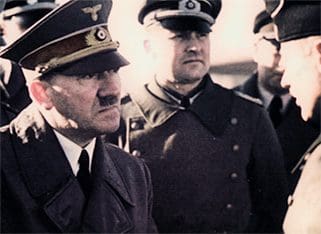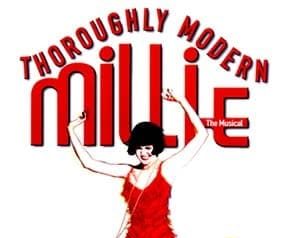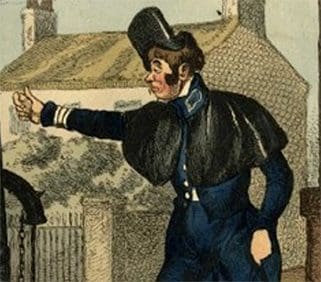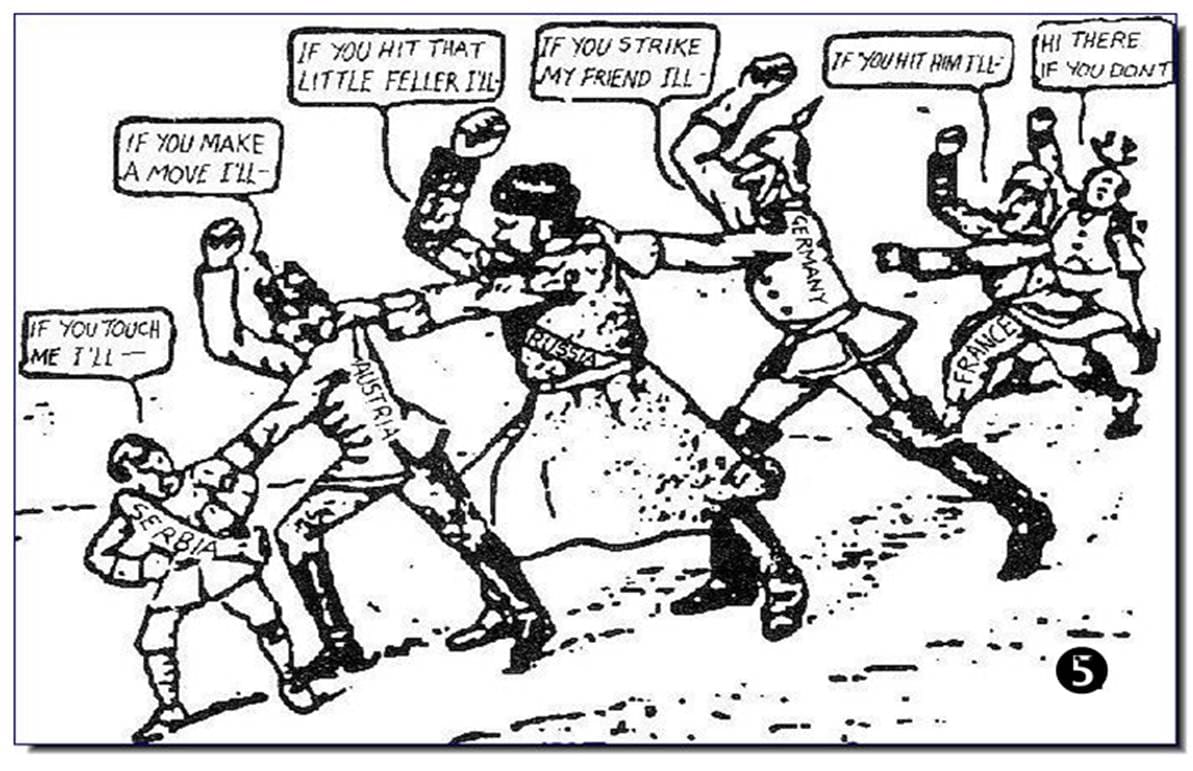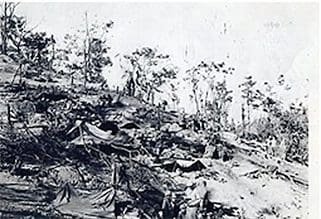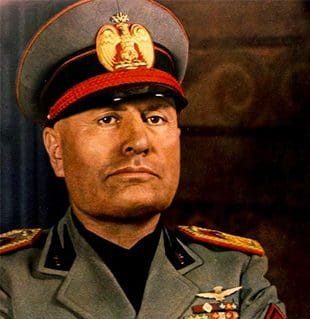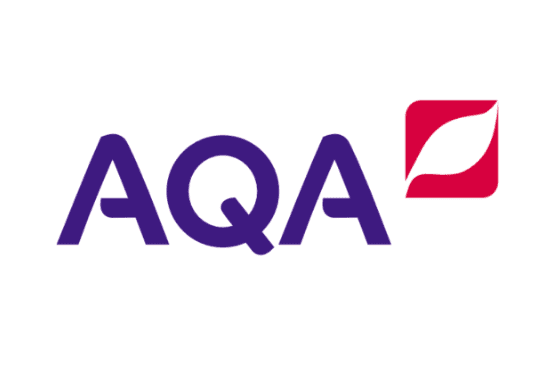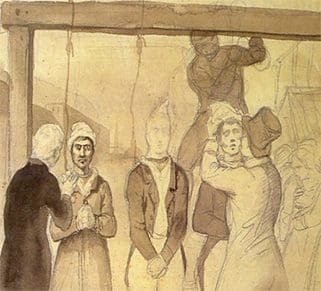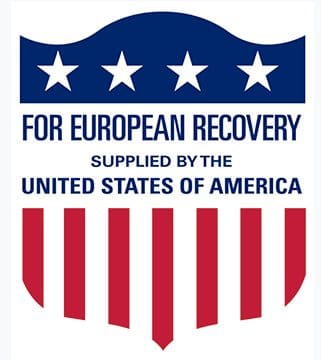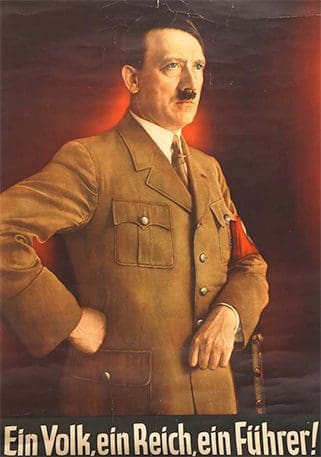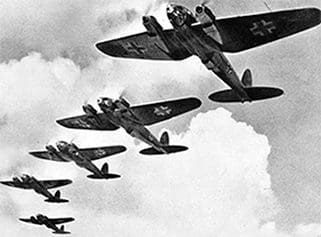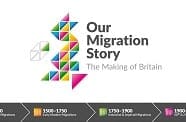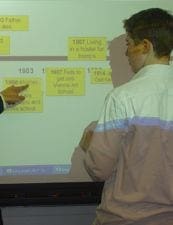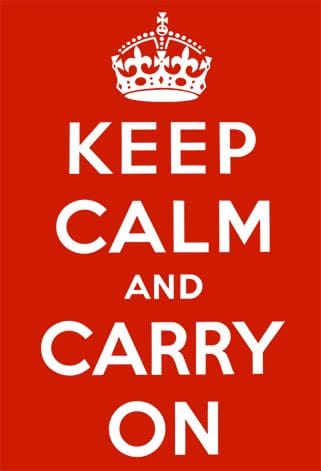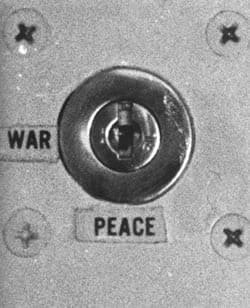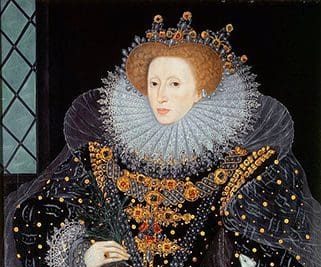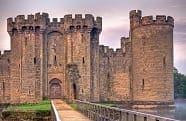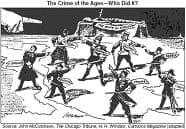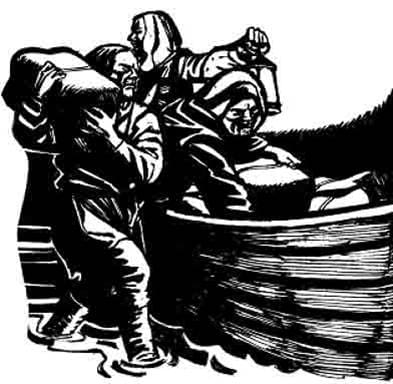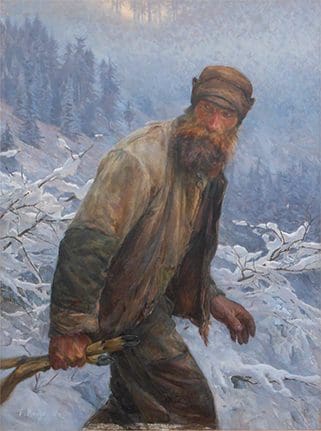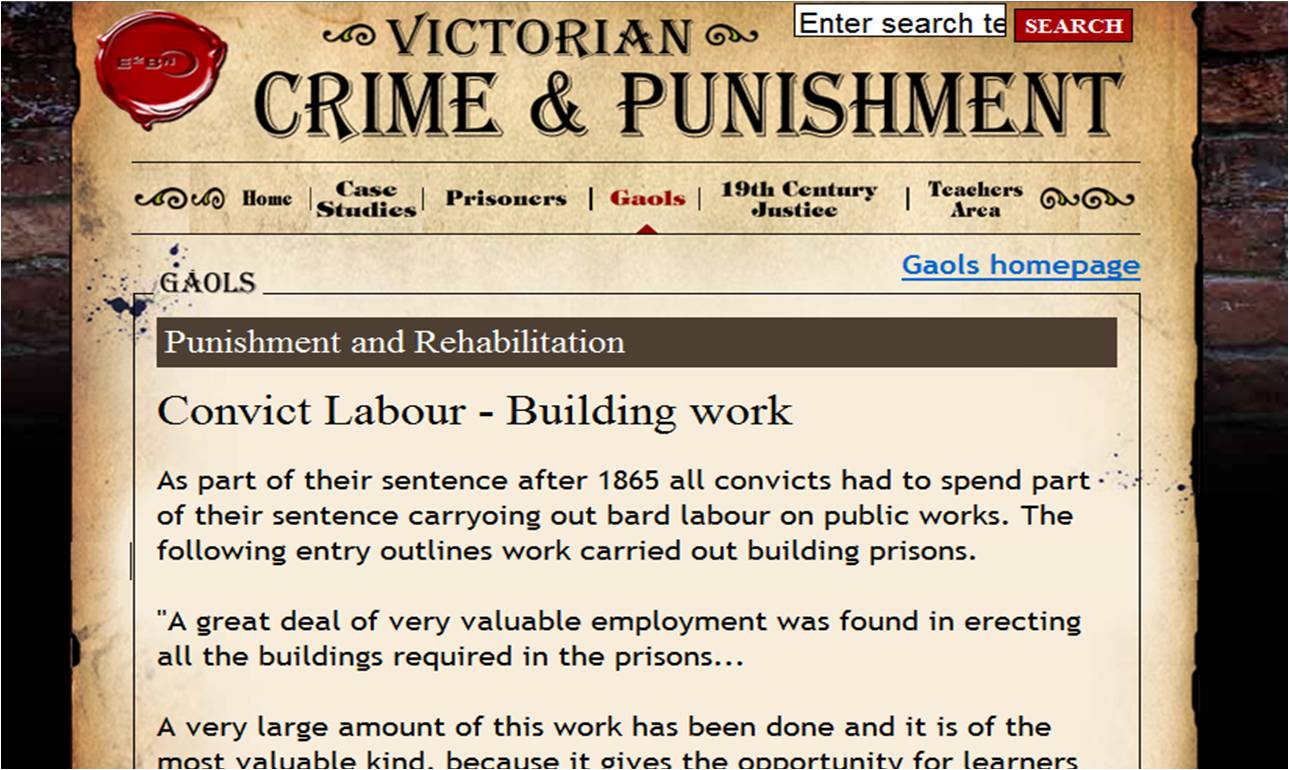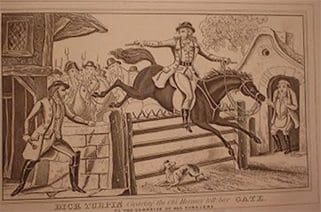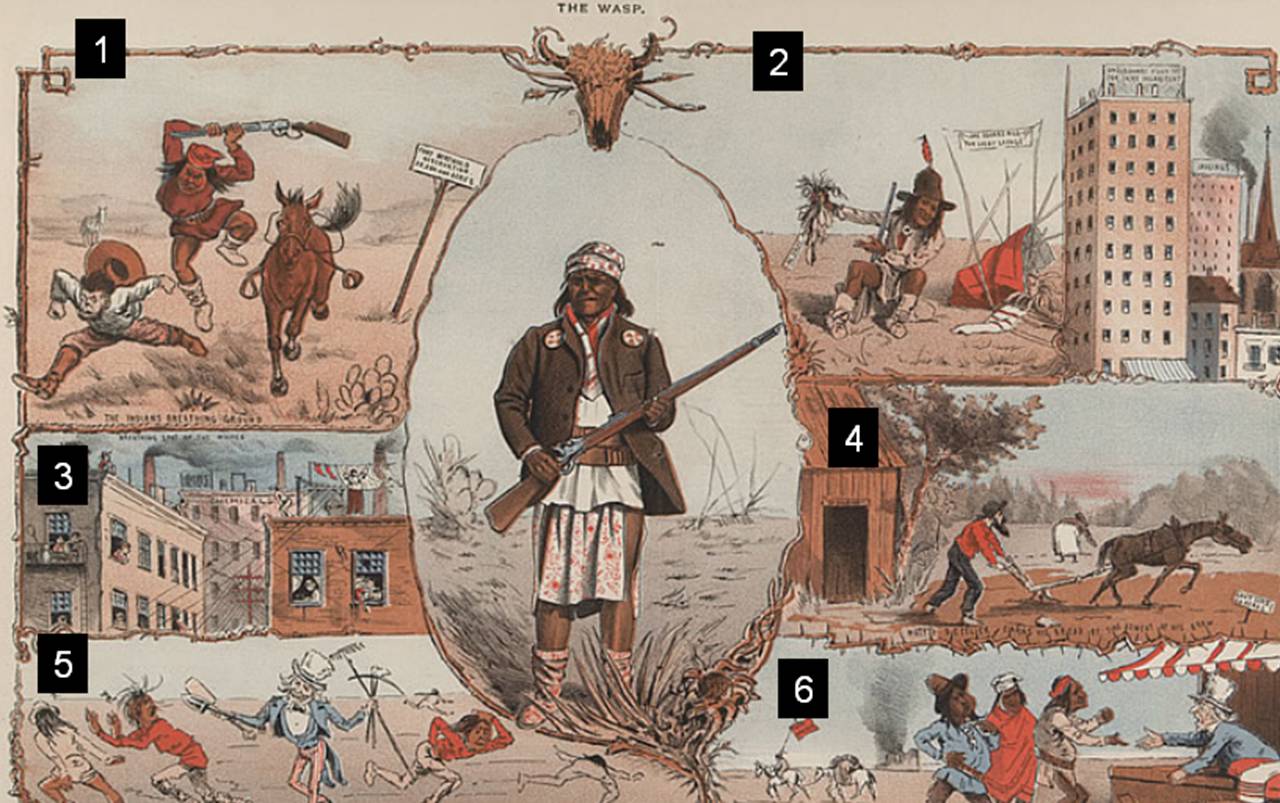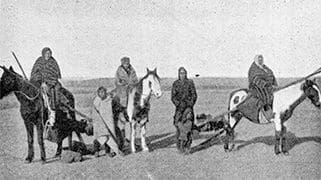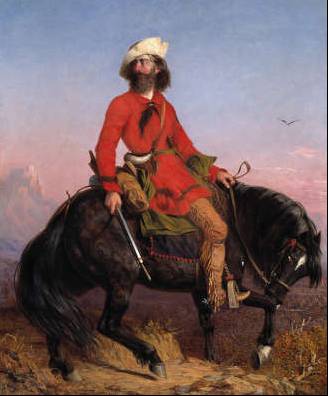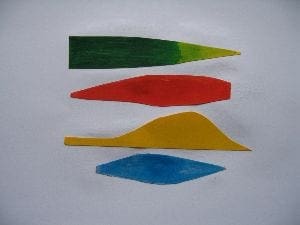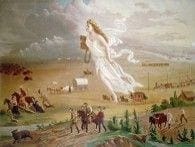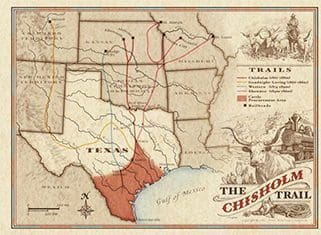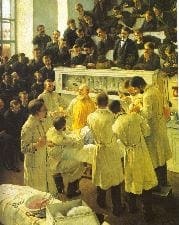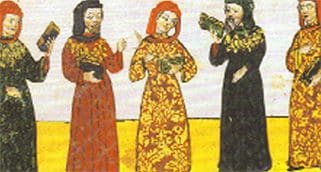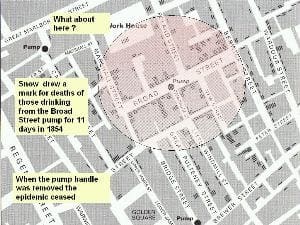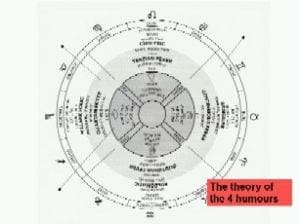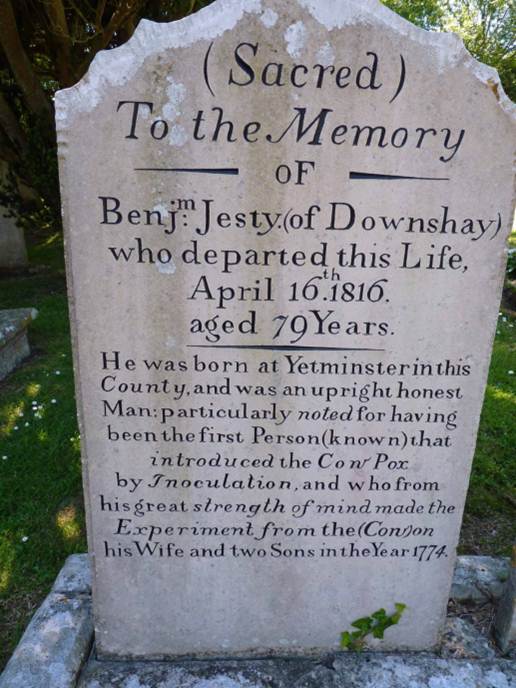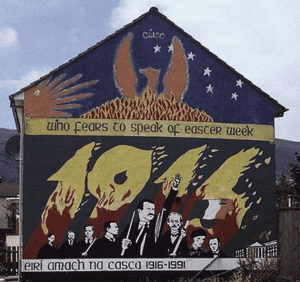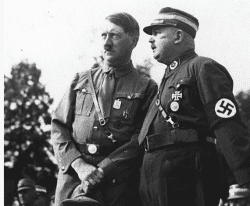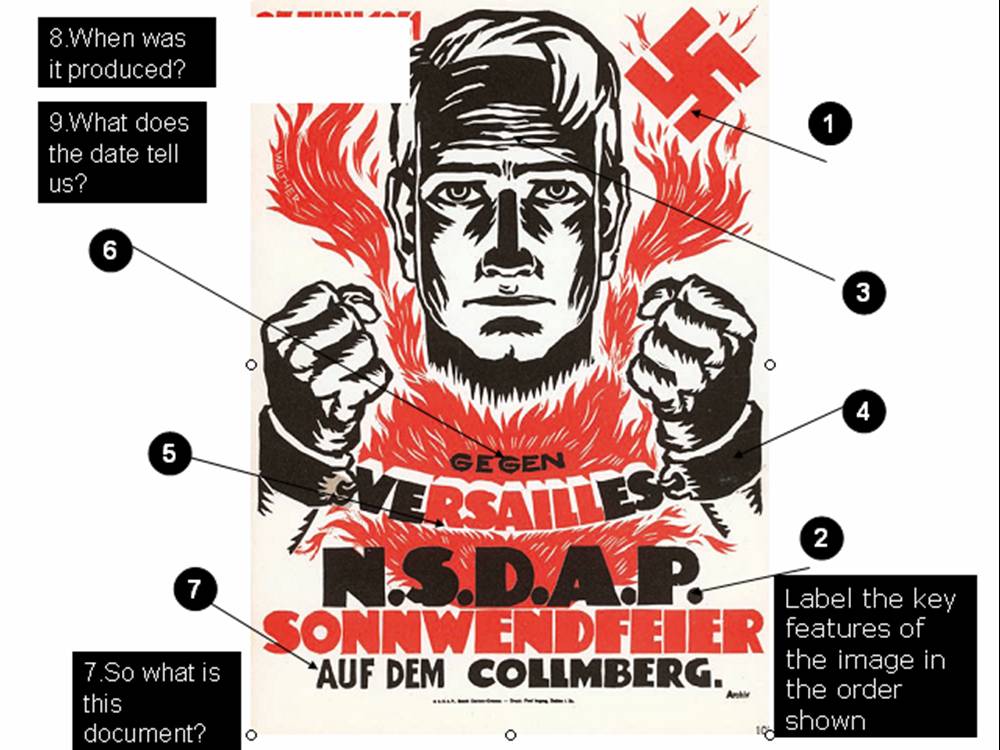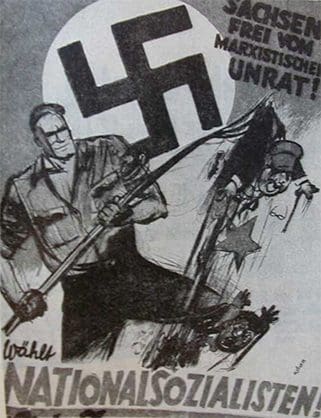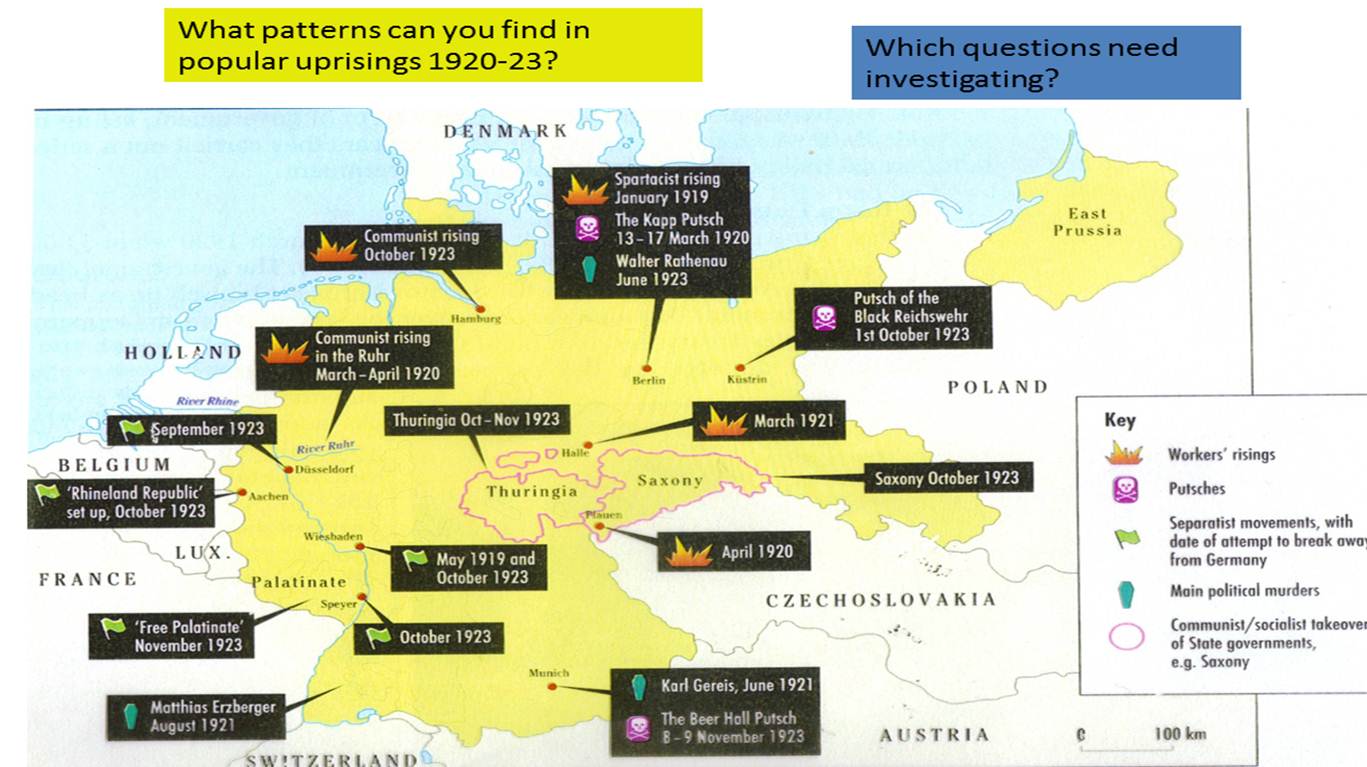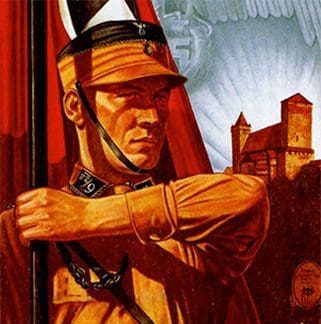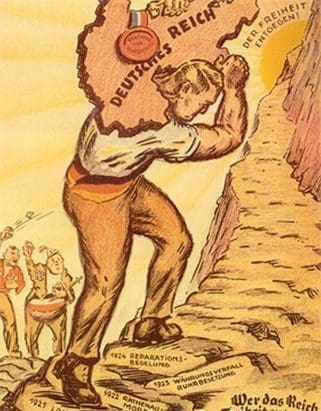Outstanding Lessons
Why was Hitler able to consolidate his position in power between January 1933 and August 1934? Smart Task KS4
This smart task works as a starter. Students are given 7 reasons why Hitler came to power. In just 5…
Read MoreThoroughly Modern Millie: How do we know this song is about Flappers? A quick musical starter
Students are given the lyrics of a song about flappers (copy provided) and have to find 10 references that prove…
Read MoreGCSE SHP Crime and Punishment: The Metropolitan police force in 1830: SMART TASK
This quick starter uses the slow reveal technique which encourages students to explore parts of a cartoon in a particular…
Read MoreHow well do these cartoons cover the causes of World War One?
In pairs, Y9/GCSE students visit 9 different cartoons posted around the wall. They have to work out: a. Which cause…
Read MoreWhen Prohibition was so popular when it was introduced, why had it failed within 12 years? SMART TASK
In this varied series of activities, students predict from pictures, categorise influence cards, and create a tweet before structuring an…
Read MoreWho started the Korean War? Smart Task
In this short starter smart task students are given two contradictory accounts of the start of the Korean War, both…
Read MoreWhen Italy signed two peace treaties with Abyssinia just 7 years before, why then did Mussolini invade in 1935? Explanation builder
Students are given a short answer to this question that appeared as an answer on the Student Room website. It…
Read MoreHow the boards differ in their approach to the historic environment
AQA The historic environment is 10% of the overall course which equates to approximately 12 hours out of 120 guided learning…
Read MoreAssessing students’ understanding of the historic environment in the new GCSE history courses
As we await the verdict of OFQUAL on the draft submissions for the new 2016 GCSE history courses, one of…
Read MoreIf the Bloody Code made so many offences punishable by death, why were so few criminals hanged? SMART TASK
Fun lesson in which small groups have to predict punishments meted out for specific crimes in 1786 using original documents…
Read MoreThe Marshall Plan: How should we interpret it? Just how philanthropic was it?
The activities in this very varied lesson ask students to raise questions, place sources on a continuum, add analysis to…
Read MoreHitler’s propaganda: the cult of leader. Reading internal clues. KS3 & 4 Smart Task
The aim of this short task is to encourage students to look really closely at images for what is there,…
Read MoreWhy did Germany lose the Battle of Britain?
If Britain was only a few days away from defeat in August 1940 how on earth did she win the…
Read MoreWhat was the impact of the Californian Gold Rush 1848-9? GCSE SMART TASK
In this series of short tasks GCSE students predict, infer, gather information and then improve existing explanations of the impact…
Read MoreMigration: Online resources
Great new Migration site www.ourmigrationstory.org.uk Our Migration Story: The Making of Britain is an Arts and Humanities Research Council-funded collaboration…
Read MoreLink between Elizabethan theatre and bear-baiting
Historic England schedulded several of London bear pits so they will not now be built over. The listing of these…
Read MoreWas there really a Blitz spirit? Killer evidence. Smart Task
Historians to this day still argue as to whether there was a Blitz spirit or not. Much depends on the…
Read MoreThe end of the Cold War for new GCSE history: taking a fresh look
In a recent article in Teaching History David Reynolds offers some clear insights into this period which might help to…
Read MoreElizabeth and the Catholic threat: Elizabethans GCSE Smart Task
Asking questions in history. Elizabeth’s policy towards the Catholics: students use a graph to raise their own enquiry questions which…
Read MoreHistoric Environment GCSE: Castles
Castles: 2 Smart Tasks Those of you who are studying the castles topic, maybe as part of the OCR specification,…
Read MoreMarket place: Why I didn’t oppose Hitler.
To help pupils to understand why so few people opposed Hitler in the 1930s the use of this market place…
Read MoreKS3 & 4 The Causes of World War One: The Blame Game
This smart task which can be used from Y9 or for GCSE can be used as a form of diagnostic…
Read MoreTeaching GCSE History: Terrorism and the Iraq war
This section is included mainly to help teaching of the new OCR’s History Modern World unit entitled A New Age…
Read MoreWhy was the Metropolitan Police Force set up in 1829? Smart Tasks
This activity forms the central spine of a lesson on the reasons for setting up the Metropolitan Police Force in…
Read MoreCrime and Punishment starter: Smuggling – SMART TASK
This simple smart task uses the rather unusual source of a famous Kipling poem to ascertain what students already know…
Read MorePoaching: Need or Greed? A 3 minute starter SMART TASK KS4
Throughout history, people have had different views of poachers. Were they: a. Starving labourers, snaring game to keep body and…
Read MoreGCSE SHP Crime and Punishment: How and why did Victorian prisons change in the first half of Victoria’s reign
Introduction The Chief Examiner’s report for OCR made the following point: “A number of reports have identified 19C prison reform…
Read MoreWould you have liked to have been a highwayman? Why would you have stopped?
In this lesson students have to persuade others to become a highwayman and then have to work out why they…
Read MorePosting punishments in periods: an active approach to creating overviews in crime and punishment
This lesson draws on, and extends, an idea developed by Ian Dawson at Trinity and All Saints College. Students work…
Read MoreHow effective was the Metropolitan police force and how would we find out?
This enquiry-led activity focuses on students considering the possible evidence base, as well as knowing how to evaluate existing evidence…
Read MoreAttitudes of the US government to the native Americans: milking an image for meaning
The simple PowerPoint presents students with an image which has six separate panels for them to investigate. Only by exploring…
Read MoreWhy did the Indians lose control of the Great Plains? I want that for my essay SMART TASK KS4
Students work in pairs to answer a GCSE question. They have cards of relevant information to sort through to help…
Read MoreMountain Men – Myth and Reality SMART TASK KS4
Having looked at the role of Indian trappers who had been supplying skins to British, French and Spanish traders on…
Read MorePhases of Native American life on the Plains 1840-1890: What patterns can YOU see?
This lesson comes at the end of work the students have done on the Native Americans and their interaction with…
Read MoreManifest destiny: beat the textbook/expert caption
Students find this a fun lesson in which they not only consolidate their knowledge of the people who crossed the…
Read MoreHow can we explain the rise and boom in the cattle industry?
This enquiry starts with students posing 7 expert historical questions, stimulated by a graph. They then set about investigating their…
Read MoreChanges in surgery; late 19th century: a puzzle. Can students use all the contextual clues to work out when it was painted?
This lesson was kindly provided by Barbara Seymour who trialled it when she was Head of History at John Hunt…
Read MoreWho mattered most in medieval medicine? Who would you have on your textbook front cover from 1500?
One way of getting students to think about change and continuity in medieval times is to show them textbooks that…
Read MoreHow did John Snow make the breakthrough with cholera?
This lesson focuses on problem-solving. Instead of simply telling students how clever John Snow was, or showing them a video…
Read MoreThe impact of the theory of the four humours on medicine: the case of the three tadpoles!
This lesson was conceived, taught and evaluated by Simon Harrison, when he was an Advanced Skills Teacher, Swanmore Technology College…
Read MoreWho deserves to be remembered as the inventor of vaccination: Jenner or Jesty?
During this enquiry students work in two teams one using textbooks and websites to put forward the traditional claim that…
Read MoreSMART TASK: Overview of Irish history; a question of perspectives.
This smart task looks at iconic moments in Irish history and then challenges students to think how well each event…
Read MoreSMART TASK Key Stage 4: How should we remember the Easter Rising?
Recap This is the concluding lesson on the Easter Rising. If you want a good recap so that students hit…
Read MoreSMART TASK Key Stage 4: Why was Rohm murdered?
If Ernst Rohm was one of Hitler’s closest allies, as you can see in this photo, why then did he…
Read MoreTreaty of Versailles: could it possibly be to blame for the Weimar Republic’s defeat nearly 14 years later?
This SMART task revolves around 6 slides on one PowerPoint presentation. It comes as a penultimate activity prior to students…
Read MoreSMART TASK: Weighing up the evidence for who caused the Reichstag Fire
This task follows a more open-ended investigation of written sources on the Reichstag Fire. Most of you will already do…
Read MoreSMART TASK Key Stage 4: Working out what the election posters tell us about Who Voted Nazi
This simple task engages students in thinking for themselves why people voted for Hitler in the 1930s. It uses the…
Read MoreSMART TASK Key Stage 4: Germany 1920-23; problems facing Weimar
This activity was designed for more able students working towards a Modern World History GCSE in Year 10. It leads…
Read MoreWas Leni Riefenstahl’s ‘Triumph of the Will’ a Documentary or Propaganda?
This Y10 lesson provides a very good balance between thought and activity. Having discussed the differences between a propaganda film…
Read MoreWhat were the main threats facing the Weimar Republic?
Students often fail to look carefully at ALL parts of a cartoon, photograph or poster. To help them to take…
Read More
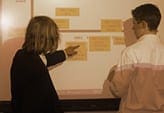 There is probably more material already on the web for GCSE history teaching at KS4 than for any other key stage. Much of it is written for students. This section of the site is for teachers. The long and growing list of lessons on most sections of most specifications has been created from actual lessons, in the hope that it will stimulate even better ideas in your department. These lessons were taught by teachers whom I have seen in action and with whom I have discussed the lesson. You will find no lessons that have not been carefully validated by a highly experienced expert – me.
There is probably more material already on the web for GCSE history teaching at KS4 than for any other key stage. Much of it is written for students. This section of the site is for teachers. The long and growing list of lessons on most sections of most specifications has been created from actual lessons, in the hope that it will stimulate even better ideas in your department. These lessons were taught by teachers whom I have seen in action and with whom I have discussed the lesson. You will find no lessons that have not been carefully validated by a highly experienced expert – me.